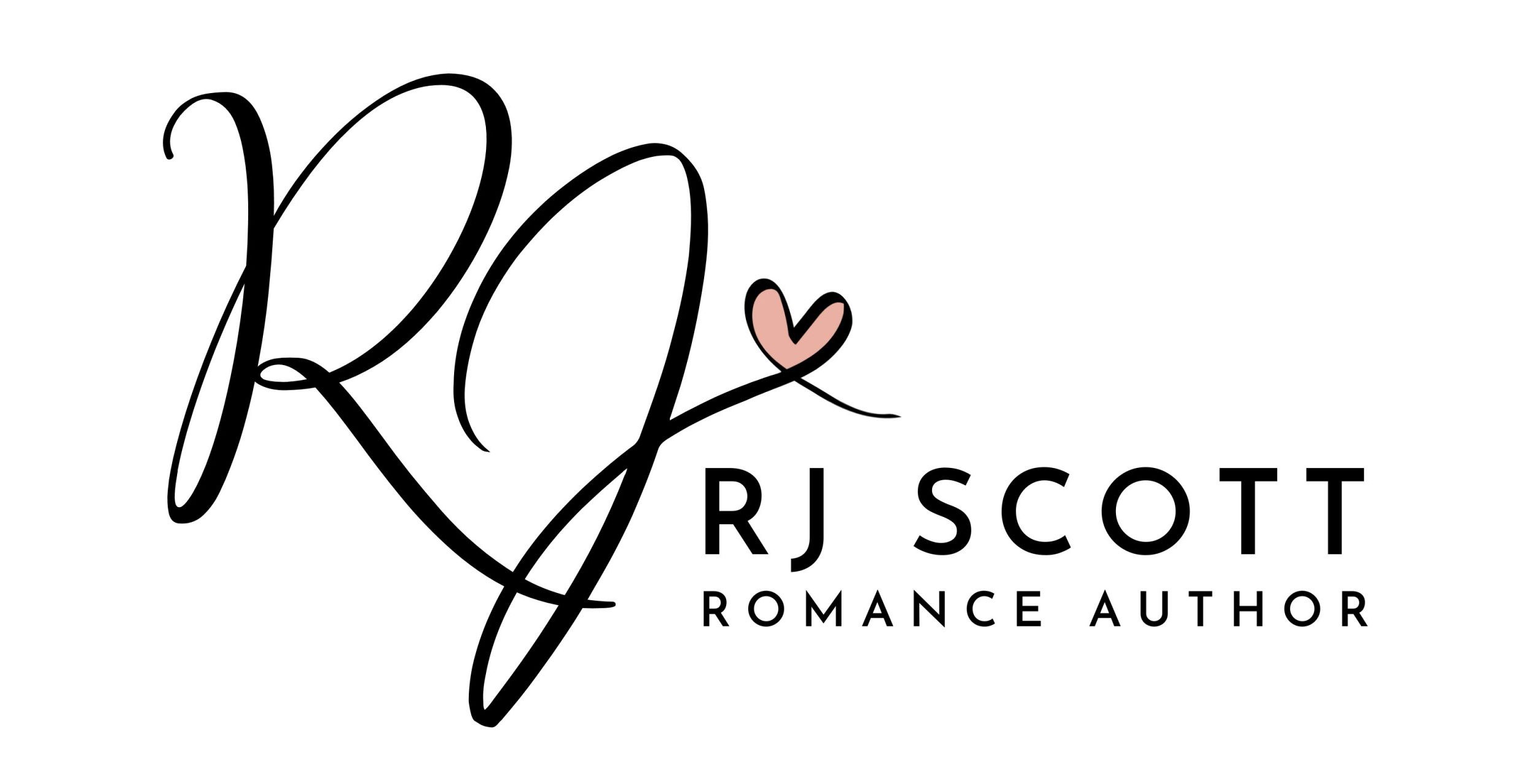


Oh okay, so maybe not THAT sexy – not when you compare with // insert your favourite sex god/dess of choice //. But Numbers don’t *have* to be a shock, a horror, an alien language, or Out To Get You. If you’re selling books, you’re a professional. You deserve to be viewed that way – and you need to take control of *your* Numbers.
So at this time of tax returns / new year, RJ’s gracefully allowing me to share my personal Accounts For Authors mantra with you: LSB – or Be Legal, Be Smart, Be Brave!
 Trust me: I’m an accountant
Trust me: I’m an accountant
I’ve been a writer all my life, but I’ve also been an accountant for a large proportion of it. I love the combination of words and figures, but I also understand that other people don’t share my love :). I see a large part of my job as being the bridge / interpreter / helpmate for those people! And in gaining and maintaining CONTROL of what is, after all, YOUR money.
BE LEGAL
The day you start earning from your books – it’s taxable.
Whether you’re publishing through a publisher or self-pubbing – or both – the income you receive is taxable. Whether you earn £5 or £50,000 (I wish!), it’s all taxable income.
You may not have to pay any!! BUT it’s important to realise the legal position up front.
You are now self-employed – you’re a sole trader. All phrases you may hear in tax context. You must report to HMRC, make an annual Self-Assessment (SA) return, and pay any tax due.

Where the h*ll do I start?
Check in with HMRC. Tell them you’ve started a business. They won’t claim anything from you until you start earning: they won’t claim anything from you except under the ruling tax rules. You are still in CONTROL of your relationship.
And you can do all this online.
But if you wait a couple of years to tell them, until you’re making a decent income, because it’s not as if you’d have had to pay tax before now, is it?…
That’s not how they see it. They see you as having been earning with the intention of avoiding potential tax due. So they penalise you for all the time you haven’t reported in. And these penalties?? They’re stiffer than any interest, if your earnings are modest.
So don’t give them the satisfaction of taking your money. It’s all about CONTROL!
BE SMART
Having now scared you rigid – Remember that “taxable” doesn’t equal “paying tax”.
You may already pay PAYE through an employer, through another job.
You may never have paid tax in your life.
You also have a Personal Allowance that’s currently £11,500 – “free” money you can earn before tax kicks in.

You can also deduct all your business expenses before you report what you’ve actually earned *in hand*.
So if you earned that £5 instead of the £50,000? You may not be paying any tax this year!
What can I claim against my earnings?
The phrase to keep in mind is “wholly and exclusively” due to your business.
If you buy a book on 18th century dress for researching your historical romance novel – that’s business.
If you buy a book on Keira Knightley who starred in Jane Austen movies, because you’re a fan – no. You may get some info from the book, but you’re buying it for personal enjoyment first.
Other categories (and by no means exclusive or all relevant to your situation):
– travel, meal costs and accommodation while you’re travelling (fares and mileage, and yes, to Author Meets!)
– business phone calls / business mobile
– advertising and marketing / business website costs
– research materials – books / magazines / registration on writers’ courses
– promo copies and gifts to readers / bloggers / review sites
– entry fees to writing contests
– accountancy, professional fees and (author) trade subscriptions – including accountancy fees
– office equipment and supplies, computer supplies and repairs
– an amount for the use of your home (an accountant can advise on what is normally accepted)
– business bank fees
Look how many things you can claim!
I wouldn’t expect any of you to try and claim non-valid expenses – but there’s nothing wrong with making the most of the allowable categories.
BE BRAVE
It’s not just about being Brave, it’s being Sensible. And giving you back CONTROL.

(A) Don’t ignore the brown envelopes.
Open them, and if you don’t understand the alien language inside, ask someone who does to explain if it’s serious / informational / useful.
(B) Don’t delay. There’s no grey area for HMRC – you meet the deadlines or you don’t. They have too many professional scammers on their books to give us, the poor honest-at-heart individual, the benefit of doubt, understanding or friendship. Harsh but true.
(C) Play fair. Don’t try and cheat the system.
Don’t try and claim your month’s trip to the Caribbean or your purchase of an Aston Martin as a wholly business expense (again, I wish! LOL).
Don’t hide money you received from an overseas publisher because – well, it’s another currency, right? Wrong!!
(D) Keep records. Ongoing.
You don’t necessarily have to keep every darned parking ticket you ever get while going to a creative writing course. Expenses can be supported in many way.
But find a strategy that works for you, like noting things in your diary / keeping a monthly envelope for receipts / saving email notifications to a special folder.
And do it ONGOING! There’s nothing worse than facing a tax return with nothing but 12 months of garbled diary notes and a drawer full of faded bits of paper.
(E) Ask.
You can have access to an accountant. You have a network of supportive fellow authors. You have the internet!
You also have HMRC Helplines, though I confess they’re often under-staffed. But their website has plenty of relatively clear advice and information.
***************************************

About Me: If I may be allowed a little pimping!
I have a range of clients (not just authors) and a wide, practical experience of business and UK taxation. I charge a reasonable rate for the work involved, payable in monthly instalments in advance as an ongoing retainer.
I also have an “Ask one free Query” option on the Q&Q website.
I’m available to discuss any bespoke arrangement/costing you suggest.
Services I offer clients:
*Registration and maintenance of your self employed business. Includes ongoing advice all year, plus all liaison with HMRC and filing tax returns.
*Consideration of the pros and cons of incorporation, and then registration and ongoing Company Secretarial duties if required.
*Registration for and maintenance of VAT/payroll if required/necessary.
*And any other reasonable requirements/advice considered!
http://www.quidsandquills.com | mailto:quidsandquills@gmail.com
http://www.clarelondon.com | mailto:clarelondon11@yahoo.co.uk

Leave a Reply